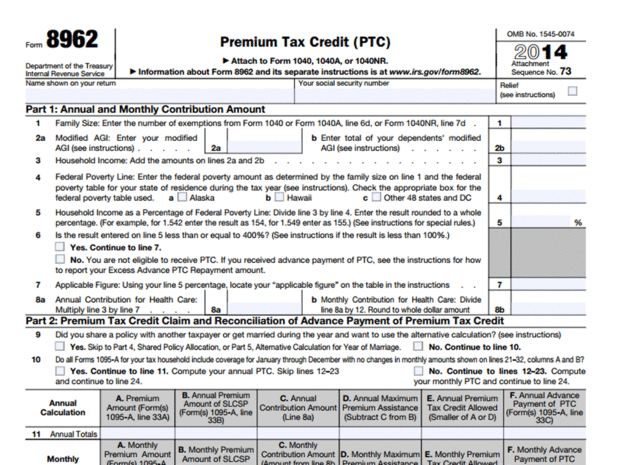

Tolls and parking expenses are also deductible. The rules for calculating the rate are updated every tax year, so it's good to stay current. The IRS standard mileage rate for tax deductions is 56 cents per mile. Luckily, car expenses and mileage can be one of the largest tax write-offs for entrepreneurs. If you spend time going from job to job or making deliveries, sometimes your vehicle can feel like your office. Taxpayers can potentially deduct repairs on property used for your business as well. That's called depreciation.Īccording to the IRS, if business purchases will last you more than a year, you can write off the depreciation of their value on your tax return. For example, a printer you bought three years ago is worth less now than when you bought it. Depreciation of property and equipmentĪs an independent contractor, you likely purchased property and equipment for your business.
#W2 contractor expenses professional#
For instance, webinars, virtual conferences, business-related books and subscriptions to professional publications are all eligible as potential deductibles when you file your taxes. Educational expensesĬontinuing education can be an important factor in growing a business and attracting new clients.Įducational expenses are potentially tax-deductible. You can deduct these as long as you used them for business purposes the year you purchased them. These include computers, printers, work-related software, pens, paper, postage, shipping and more. With the simplified method, calculate $5 per square foot up to 300 square feet, which would be a maximum write-off of $1,500.ĭon’t forget to write off office supplies as part of your home office deductions. the “regular method,” which asks for the percentage of the home used for business purposes. So, how much can you write off for a home office? The most straightforward calculation is the “ simplified method,” which calculates using square footage vs. Homeowners can also write off portions of their property taxes and mortgage interest. There are direct expenses to consider, like renovations and a paint job, and indirect expenses, like insurance, utilities, and home repairs. For example, maybe you use your home as an office, a yoga studio, a place to store expensive equipment or something else altogether.ĭo you use your home office space only for work, and is it your primary place of business? If so, there are multiple options for calculating your independent contractor tax deductions in this category. Businesses and their tax needs vary, and you should discuss all tax issues with a qualified, licensed professional.ĭepending on your profession, you may have significant home office expenses. Note: The advice in this article shouldn't replace the advice of a tax professional.

Consulting and professional service fees.What can you write off on taxes? Let's explore the following categories of independent contractor tax deductions. 16 amazing tax deductions for independent contractors This means you will report your business's profits and losses on your personal tax return, filing a Schedule C IRS form. Sole proprietor or limited liability company (LLC)?Īs an independent contractor, unless you’ve set your business up as an LLC or a corporation, you will report your taxes as a sole proprietor.

It gives you a dollar-for-dollar reduction of the income tax you owe.īoth will reduce your tax bill, but the tax credit is slightly better due to the dollar-for-dollar reduction.


 0 kommentar(er)
0 kommentar(er)
